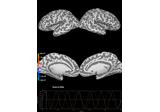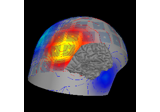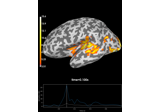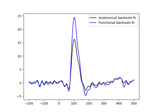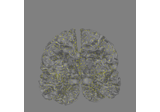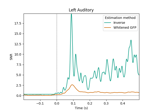mne.minimum_norm.read_inverse_operator#
- mne.minimum_norm.read_inverse_operator(fname, *, verbose=None)[source]#
Read the inverse operator decomposition from a FIF file.
- Parameters
- fnamepath-like
The name of the FIF file, which ends with
-inv.fifor-inv.fif.gz.- verbose
bool|str|int|None Control verbosity of the logging output. If
None, use the default verbosity level. See the logging documentation andmne.verbose()for details. Should only be passed as a keyword argument.
- Returns
- invinstance of
InverseOperator The inverse operator.
- invinstance of
See also
Examples using mne.minimum_norm.read_inverse_operator#
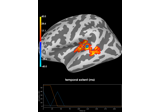
Permutation t-test on source data with spatio-temporal clustering

Repeated measures ANOVA on source data with spatio-temporal clustering
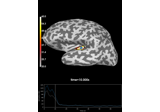
Compute Power Spectral Density of inverse solution from single epochs
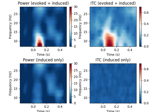
Compute power and phase lock in label of the source space
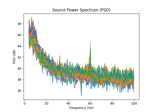
Compute source power spectral density (PSD) in a label
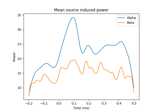
Compute induced power in the source space with dSPM

Compute MNE-dSPM inverse solution on single epochs
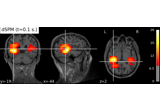
Compute MNE-dSPM inverse solution on evoked data in volume source space
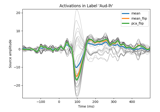
Extracting the time series of activations in a label
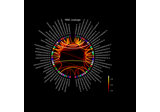
Visualize source leakage among labels using a circular graph


